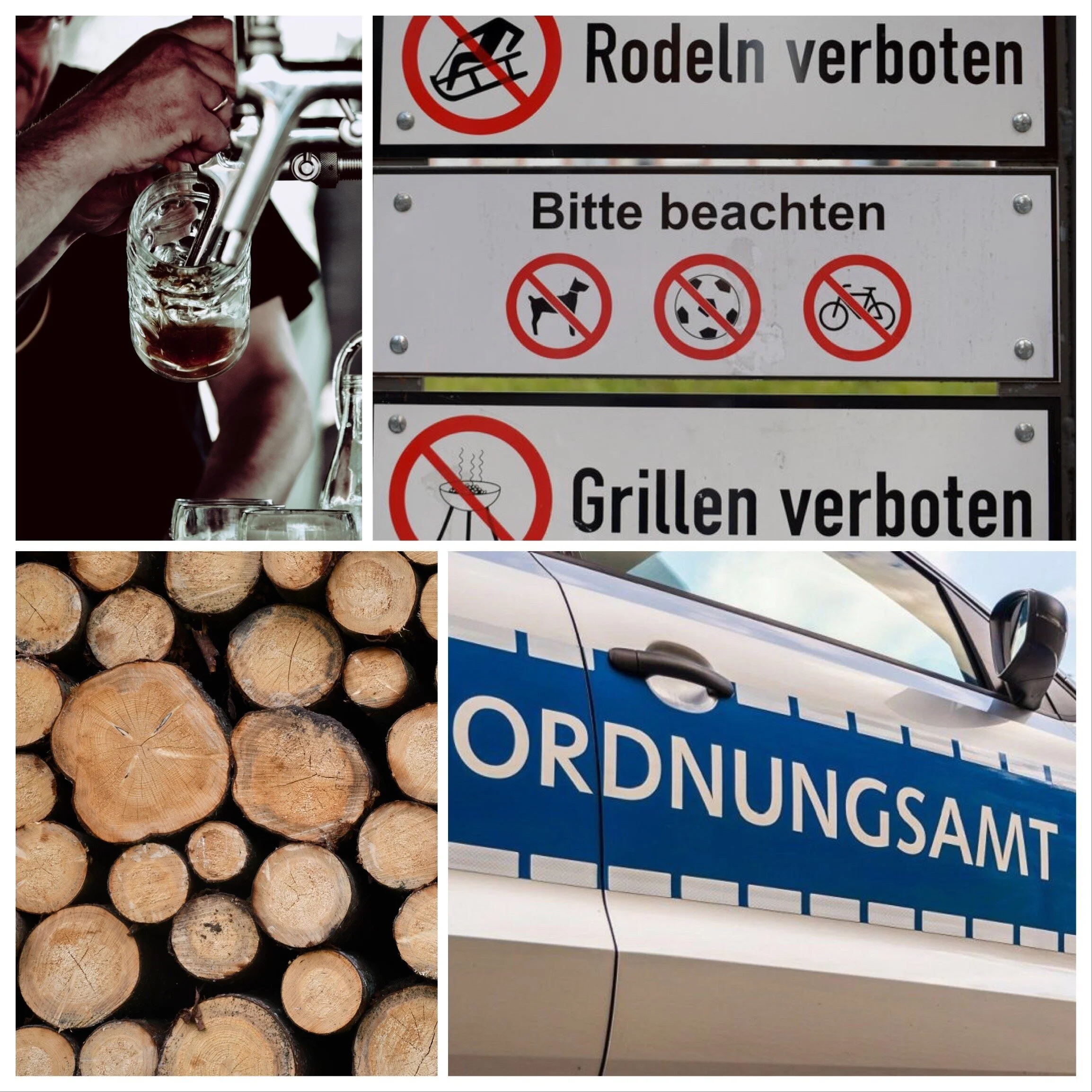Expats, Migrants and the Germans
I’ve found myself in the same odd conversation. The topic of migration will come up and someone will begin to complain about it. When I point out that I’m a migrant they will dismiss my intervention with a “No, I don’t mean you”. It’s not often that I blend into the German society so seamlessly, especially when I’m speaking German with a heavy north English accent. When I push a bit harder and ask what’s the difference between myself and a migrant from anywhere else, the conversation usually derails. German or not, people don’t like being forced to reflect on their biases. The insinuation is, of course, that I’m a white European and the migrants most often being complained about are Turkish, Syrian or at least non-white Muslims. I’m more “one of us” than “one of them”.
These conversations are not frequent, but when they happen it exposes the more unsavoury perceptions of migrants. The fact that people seem so comfortable complaining to me about migrants suggests I’m not really seen as one. I’m not German, but I’m at least a “good migrant”; I’m employed, I pay my taxes, I pay for health insurance and it’s assumed that I’m basically integrated into German society. Of course, no one knows if these things are wholly true, except my wife, my boss and the Finanzamt. Most of the time, all the evidence of my “good migrant” status is how I look, maybe how I dress, but most definitely my skin colour and country of origin.
Even in Germany few people would be as direct as to call me “good migrant”. They might call me an Auslander (Foreigner), although that’s rare. Despite my best efforts to look like a man capable of wrestling a crocodile, I’ve never been described as the romantic sounding Auswanderer (emigrant/expat) either. The British would call me an expat. An expat is a shortening of the term expatriate, which simply means “a person who lives outside their native country”. It’s not a name I would choose to describe myself with now, although for many years I did. “Expat” carries negative connotations, for the British at least. The small colonies of British people in Spain are the stereotype of expats and seen as the epitome of the worst type of British export; happy to enjoy all that Spain has to offer, except the food, the language and most (if not all) of the culture.
Over the years, I’ve come to see “expat” as a phase of being a migrant. If expat, at least in Britain, suggests a person who lives in another country but who tends not to engage heavily with the culture in that country, I would say most migrants whether Turkish, Syrian, Ghanaian or British start out as expats. Seeking comfort in a familiar culture seems normal when learning to live in another country. Most of the people I know who moved to Germany from somewhere else have done this. If the opinions within British and American expat groups are representative, then many people happily remain within the expat phase, hunting down blocks of mature cheddar cheese or pumpkin pie mix and always asking how to find British soap operas or access HBO. Expats are free to choose how much or how little of a culture they take on board. Most of the time they are left to get on with it, the police aren’t raiding the Irish pubs of Germany to make sure everyone is in the country legally. Furthermore, no one gets upset when expats celebrate their festivals such as St Patrick’s Day, Guy Fawkes Night or Thanksgiving.
However, my interpretation of “expat” is in the minority. Expat is certainly not used by the British to refer to anything other than white British people abroad. For example, it’s not used to describe the small boats full of people entering the country via the English Channel. I wonder how the conversation would change if the British media started to refer to “migrant boats” as “expat boats”? Would people still be as angry if they heard “hoards” of expats were arriving on the coast?
German might not use the word expat, but it does have the idea of the “good migrant” or at least the right country to migrate from. Perhaps things will change, but I may be waiting a long time before German newspapers are headlined “Invasion of the British expat hoards”. Even as record numbers of British people, like myself, seek German citizenship, there are little to no headlines worrying about how British migrants will destroy the culture. The argument is often made that British culture is so close to German culture that it effectively doesn’t matter, but I wonder how this argument would stand-up if German streets saw the type of carnage on a British streets on a Saturday night. British and German culture may be close in some ways, but there are still deep chasms of difference.









